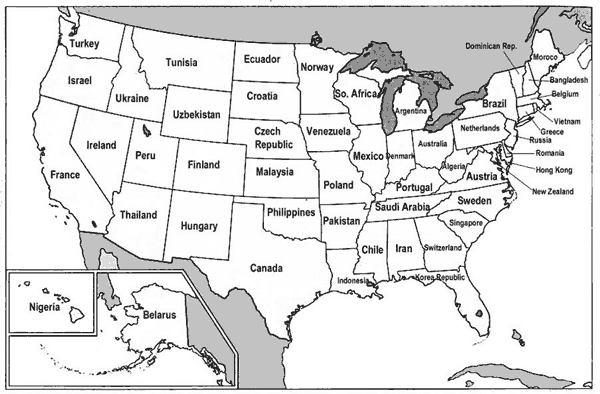Hindsight and Risk-based Decision Making
Last weekend I was watching an NFL game (I forget which one) and the team, which already had a solid lead, was considering going for a TD rather than a field goal at fourth and goal. The announcer was going "Bad idea, bad decision. Take the field goal and the sure points. You don't want to risk getting the other team back in the game with the emotional prop of stopping you at fourth and goal." Well, the team went for it and made the touchdown, after which the announcer said "I guess it was a good decision after all."
But was it? If you choose to hit a nineteen in blackjack, and pull a deuce, was it a good decision? If you placed a 50-50 bet that a normal die roll will come up with a "6", and it does, was that a good decision? I would say no. I would argue that both decisions were bad decisions, despite the fact they happened to yield positive results for the decision-maker. The reason is that, given the information the decision-maker had at the time of the decision, both moves have an expected value less than zero.
I won't bore my audience with a digression too far into expected value and decision trees. Suffice it to say that the standard approach for making decisions in uncertainty is to list the possible outcomes of the decision, assign values and probabilities to each outcome, and then total up the sums. The decision that yields the highest value times probability is the is the one that you would expect, on average, to yield the highest value. Take the example of the bet on the die roll above. If you bet a dollar, you would win a dollar on a roll of "6", which is a 16.7% probability. You would lose a dollar on a roll of 1-5, which is a 83.3% probability. The value of the "don't bet" decision is zero. The value of the "bet" decision is 16.7% x $1 plus 83.3% x -$1 equals -$0.67. So the "no bet" decision is best, since at zero it is higher than the negative outcome of the "bet" decision. Here is a more complete discussion of the decision tree process.
A couple of provisos:
- When the situation is more complex, the trick of course is to assign the right values and probabilities. We can assign these exactly for cards and dice, but it's a little harder for something in the business world, like say Enron's decision to enter the broadband business. But managers are paid the big bucks to do their best. And managers have tools at their disposal to manage their lack of information. For example, once you build a base-case, you can ask questions like "OK, I am not sure about the size of the broadband market, but how large does it have to potentially be to offset the risk involved."
- Like many real-world processes as the approach the asymptotes, things get a bit squirrelly for really small probability events, particularly when they have very large financial values (positive or negative) attached. Small probability positive events are essentially a lottery, and many people buy lottery tickets, even though we know the expected value is less than the price. I play blackjack too, despite a negative expected value, because I get non-monetary benefits from the play. Small probability negative events are called disasters, and are things we insure for. Many times the decision to buy insurance has a negative expected value, but we do it anyway because we would sleep better at night knowing that we may be throwing away a little expected value, but we have pre-empted an event that would bankrupt us. Here we get into interesting topics of risk profiles and risk tolerance, which I will avoid.
Unfortunately, in evaluating historical decisions, we often ignore the state of facts and risks the decision-maker faced at the time of the decision. We argue Mead should have pursued Lee harder after Gettysburg, because we know now Lee's army got trapped behind a swollen river. The Chargers shouldn't have traded half their assets** to move up one spot in the draft to get Ryan Leaf. And Enron should not have entered the broadband business. We treat the decision makers in each of these as boneheads today (we even threw Skilling in jail, as much for his failed business decision as for any fraud). But all of these evaluations are based on the outcomes, not on what the decision-makers were facing at the time. Mead had been in charge of the army for less than a week, had driven Lee from a battlefield for the first time ever, and had a primary charge of defending Washington. It is hard to believe today, but the Peyton Manning and Ryan Leaf were considered nearly equivalent in quality in the '98 draft, and the Chargers trade might have been perfectly appropriate if they had actually gotten a Manning-quality quarterback. Enron's vision of broadband looked like it would become an enormous business, which in fact it did, just five years too late for them.
** The Chargers traded an inventory of picks and players to the Arizona Cardinals, who, true to form, did nothing with this goldmine. The Cowboys, by contrast, arguably built a whole dynasty in the 90's off the slew of picks they got in the Herschal Walker trade with Minnesota.
